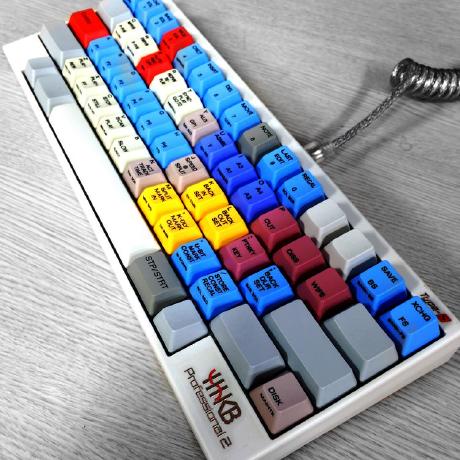Demo for Reference-based Video Super-Resolution (RefVSR)
Official PyTorch Implementation of the CVPR 2022 Paper
Project | arXiv | RealMCVSR Dataset
- The model used for the demo is
Ours-8K, which is trained with the proposed training strategy that consists of pretraining and adaptation stages. - Due to the memory issue, input frames will be center-cropped to have 1280x720 resolution.
abstract
We propose the first reference-based video super-resolution (RefVSR) approach that utilizes reference videos for high-fidelity results. We focus on RefVSR in a triple-camera setting, where we aim at super-resolving a low-resolution ultra-wide video utilizing wide-angle and telephoto videos. We introduce the first RefVSR network that recurrently aligns and propagates temporal reference features fused with features extracted from low-resolution frames. To facilitate the fusion and propagation of temporal reference features, we propose a propagative temporal fusion module. For learning and evaluation of our network, we present the first RefVSR dataset consisting of triplets of ultra-wide, wide-angle, and telephoto videos concurrently taken from triple cameras of a smartphone. We also propose a two-stage training strategy fully utilizing video triplets in the proposed dataset for real-world 4x video super-resolution. We extensively evaluate our method, and the result shows the state-of-the-art performance in 4x super-resolution.
Citation
If you find this demo useful, please consider citing:
@InProceedings{Lee2022RefVSR,
author = {Junyong Lee and Myeonghee Lee and Sunghyun Cho and Seungyong Lee},
title = {Reference-based Video Super-Resolution Using Multi-Camera Video Triplets},
booktitle = {Proceedings of the IEEE Conference on Computer Vision and Pattern Recognition (CVPR)},
year = {2022}
}

